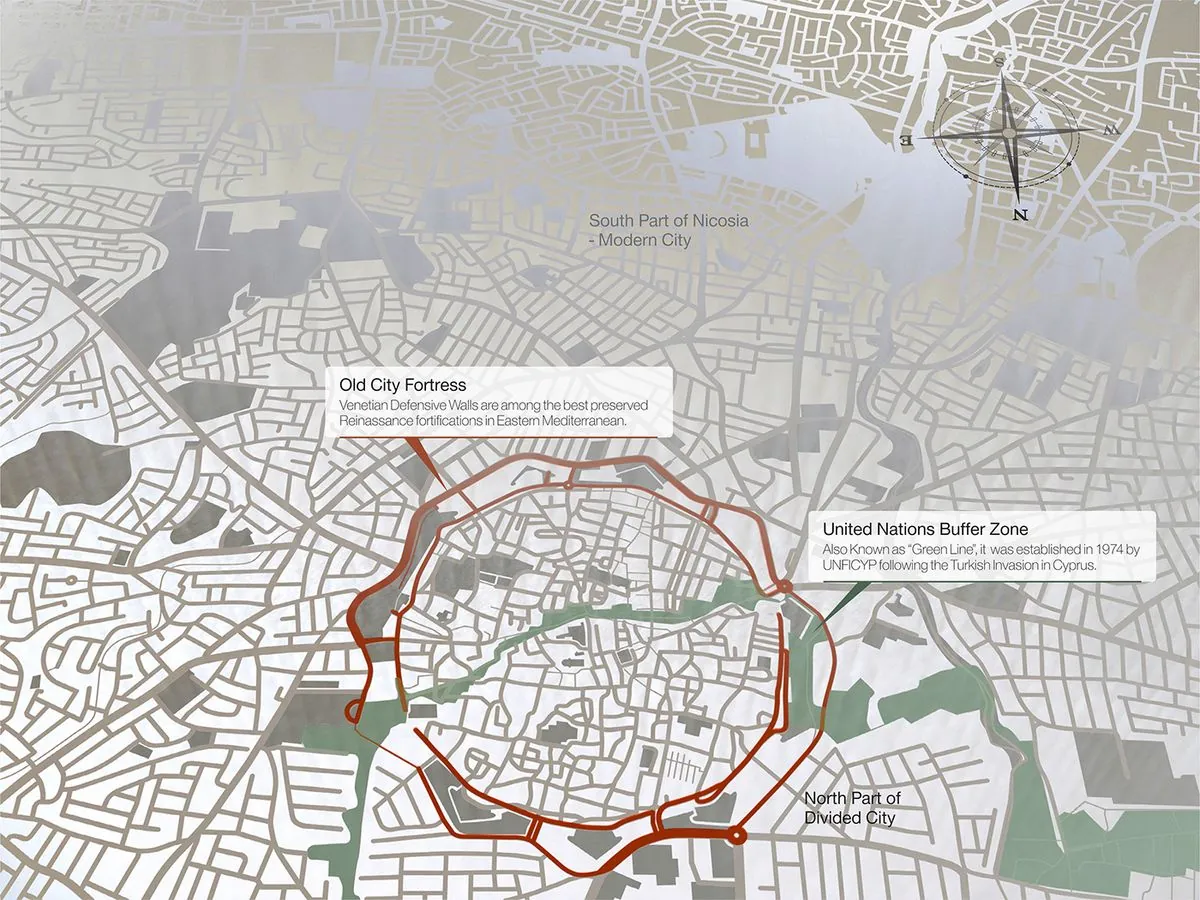Cyprus at 50: A Divided Island's Uneasy Peace and Uncertain Future
Cyprus marks 50 years of division, balancing daily life with underlying tensions. As migration reshapes demographics and regional conflicts loom, the island faces an uncertain path to reunification.

In the heart of Nicosia, the world's last divided capital, Ahmet Ozgunle's routine commute across the border epitomizes the complex reality of Cyprus. For half a century, this Mediterranean island has been split between the EU-member Republic of Cyprus and the Turkish Republic of Northern Cyprus, recognized only by Turkey.
The 180-kilometer Green Line, managed by the United Nations since ethnic tensions erupted in the 1960s, has become a familiar feature of Cypriot life. In 2003, casual border crossings were permitted, allowing residents like Ozgunle to traverse the divide for work and leisure.
"It's a normal thing to show my passport to get to work. It's another country—kind of. But the same country. It's all Cyprus. You forget about the division. It's a chill place. … But people want their nationalism."
The island's division stems from a tumultuous history:
- British rule from 1878 to 1960
- Independence in 1960
- Escalating tensions between Greek and Turkish Cypriots
- 1974 Greek-backed coup and subsequent Turkish military intervention
- Establishment of the de facto border
Cyprus's situation mirrors other divided regions like Hong Kong, Northern Ireland, Palestine, and Taiwan. These areas exist in a state of limbo, balancing daily life with underlying political tensions.

Despite the division, Cyprus has developed a distinct culture. Ozgunle, an openly gay artist, enjoys freedoms on both sides of the border. However, the island's unresolved status continues to shape its identity and international relations.
Recent developments have further complicated the situation:
- Stalled UN-brokered peace talks
- Changing demographics due to migration
- Rising anti-immigrant sentiment
- Regional tensions, including threats from Hezbollah
The influx of international students and migrants, particularly in Northern Cyprus, is reshaping the island's ethnic landscape. This demographic shift may have unforeseen consequences for the long-standing division.
As Cyprus marks 50 years of division, its future remains uncertain. The island's ability to maintain peace while addressing underlying issues will be crucial in determining its path forward. For now, Cypriots like Ozgunle continue to navigate their divided home, hoping for a resolution while adapting to the realities of their unique situation.


































